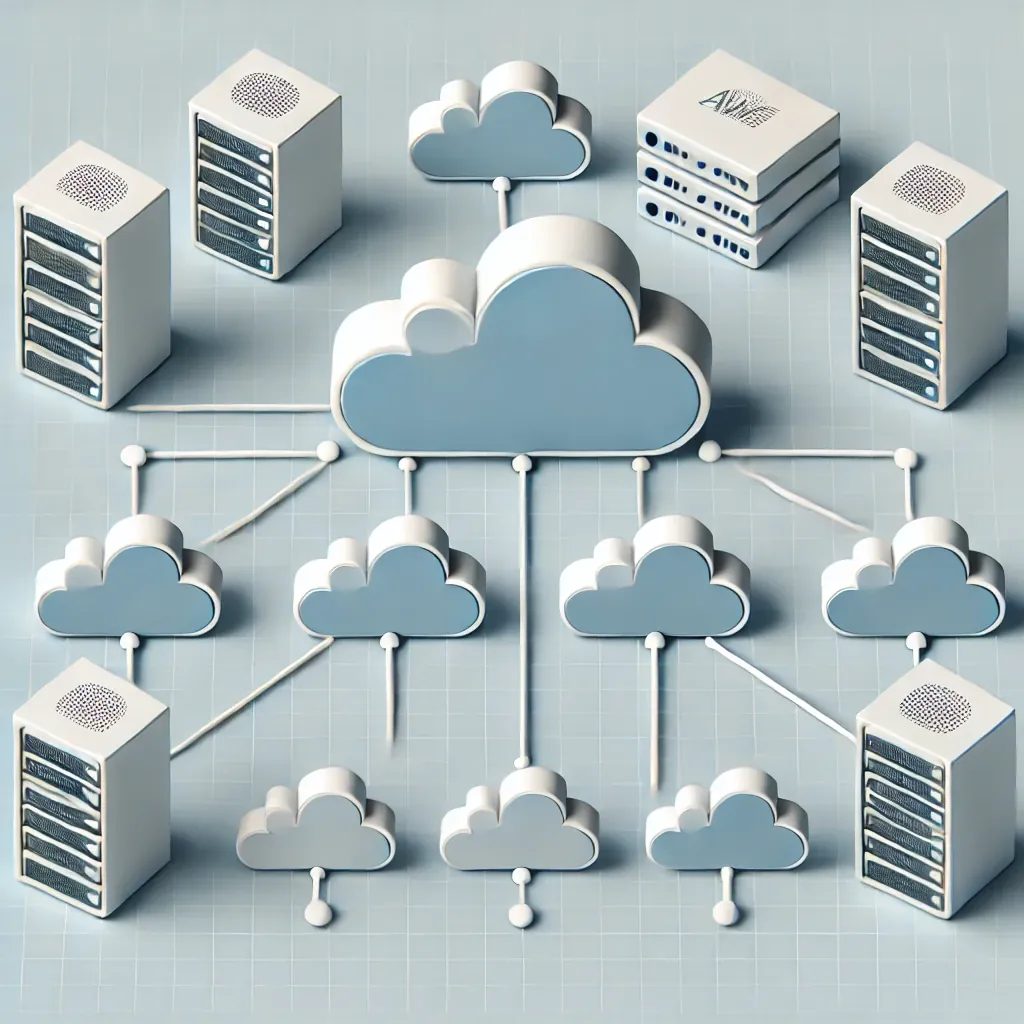
Compute Services in AWS: EC2, EKS, and Lambda
Introduction
With the rapid adoption of cloud computing, organizations need flexibility and scalability to run applications efficiently. AWS provides a variety of compute services that cater to these needs, allowing users to deploy applications quickly and scale on demand. This post explores AWS’s main compute services—EC2, EKS, and Lambda—and delves into Virtual Private Cloud (VPC), a crucial component for securing these services. By understanding the nuances between EC2, EKS, and Lambda, you’ll be equipped to choose the most suitable service for your application.
AWS Virtual Private Cloud (VPC): The Foundation of Secure Computing
Virtual Private Cloud (VPC) is a network environment that allows you to define a virtual network within AWS. It’s the foundational component for hosting services like EC2, EKS, and Lambda in a secure, isolated environment.
Key Features and Purpose of VPC
- Isolation: VPC allows for complete isolation of your resources within AWS, protecting them from unauthorized access.
- Custom Networking: Control over IP address ranges, subnets, and routing configurations lets you design a network that suits your application’s architecture.
- Secure Connectivity: Through options like VPNs and Direct Connect, you can securely link your on-premises data center with your AWS VPC.
Core Compute Services in AWS
AWS offers several compute services, each designed to meet specific application needs. Let’s break down EC2, EKS, and Lambda and explore when to use each service.
Amazon EC2 (Elastic Compute Cloud)
Amazon EC2 is a service that provides resizable compute capacity in the form of virtual machines, known as instances. EC2 allows users to configure instances based on CPU, memory, storage, and networking capacity, providing full control over the operating system and environment.
- Ideal For: Applications that require consistent uptime, custom configurations, or software that needs full control over the environment, such as web servers and databases.
- Scalability: EC2 instances can scale up or down with Auto Scaling, and you can use load balancing to distribute traffic across multiple instances.
- Cost Model: With EC2, you pay for the instance time, making it suitable for applications with predictable workloads or those requiring a dedicated infrastructure.
Amazon EKS (Elastic Kubernetes Service)
EKS is a fully managed Kubernetes service, allowing you to deploy, manage, and scale containerized applications using Kubernetes. EKS abstracts much of the complexity involved in managing Kubernetes infrastructure, enabling you to focus on application development.
- Ideal For: Microservices architectures and containerized applications that require orchestration, resiliency, and scalability. EKS is suited for teams leveraging DevOps practices to deploy and manage container workloads.
- Scalability: Kubernetes on EKS offers robust scaling and orchestration capabilities, including automated deployment, scaling, and load balancing.
- Cost Model: EKS incurs costs for the Kubernetes control plane and the worker nodes, but it can be cost-effective for large, multi-container applications due to its flexibility and orchestration benefits.
AWS Lambda
AWS Lambda is a serverless compute service that automatically runs your code in response to events. You don’t need to provision or manage servers; AWS handles the infrastructure and scales automatically based on the event triggers.
- Ideal For: Event-driven applications, short-lived tasks, and applications with intermittent workloads, such as data processing pipelines and backend services that respond to user interactions.
- Scalability: Lambda scales automatically in response to incoming requests, handling bursts of traffic seamlessly.
- Cost Model: You only pay for the time your code is executed, making it cost-efficient for applications with variable or low-intensity workloads.
Comparing EC2, EKS, and Lambda
| Feature | Amazon EC2 | Amazon EKS | AWS Lambda |
|---|---|---|---|
| Compute Model | Virtual servers (instances) | Managed Kubernetes clusters | Serverless functions |
| Management | Full control, requires manual setup | Kubernetes orchestration, partially managed | Fully managed by AWS |
| Ideal for | Long-running apps, custom configurations | Containerized, microservices, DevOps-driven apps | Event-driven, short-duration tasks |
| Scalability | Manual or Auto Scaling | Automated with Kubernetes | Automatic, per-request basis |
| Cost Model | Pay per instance | Pay per cluster and node | Pay per execution time |
| Use Cases | Web servers, databases | Microservices, large containerized workloads | Data processing, real-time applications |
Choosing the Right Compute Service
- EC2: Choose EC2 if your application requires fine-grained control over the operating system, persistent compute resources, or complex configurations.
- EKS: EKS is best suited for applications that are containerized and need Kubernetes orchestration for scalability, self-healing, and load balancing.
- Lambda: Use Lambda for applications that are triggered by events, have intermittent workloads, or do not require continuous uptime.
Conclusion
AWS’s compute services—EC2, EKS, and Lambda—each offer distinct advantages for specific application needs. By understanding these services and how they operate within a VPC, you can build a secure, scalable, and efficient cloud infrastructure that aligns with your application’s demands. Whether you need complete control, container orchestration, or a fully managed serverless option, AWS has a compute solution to power your application.
